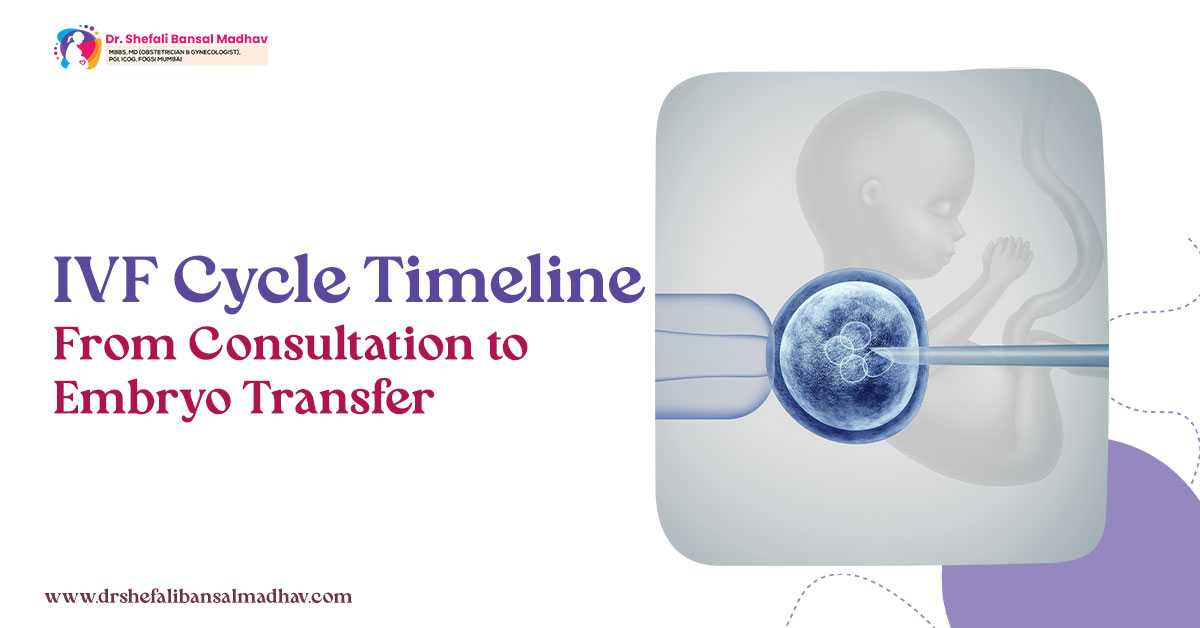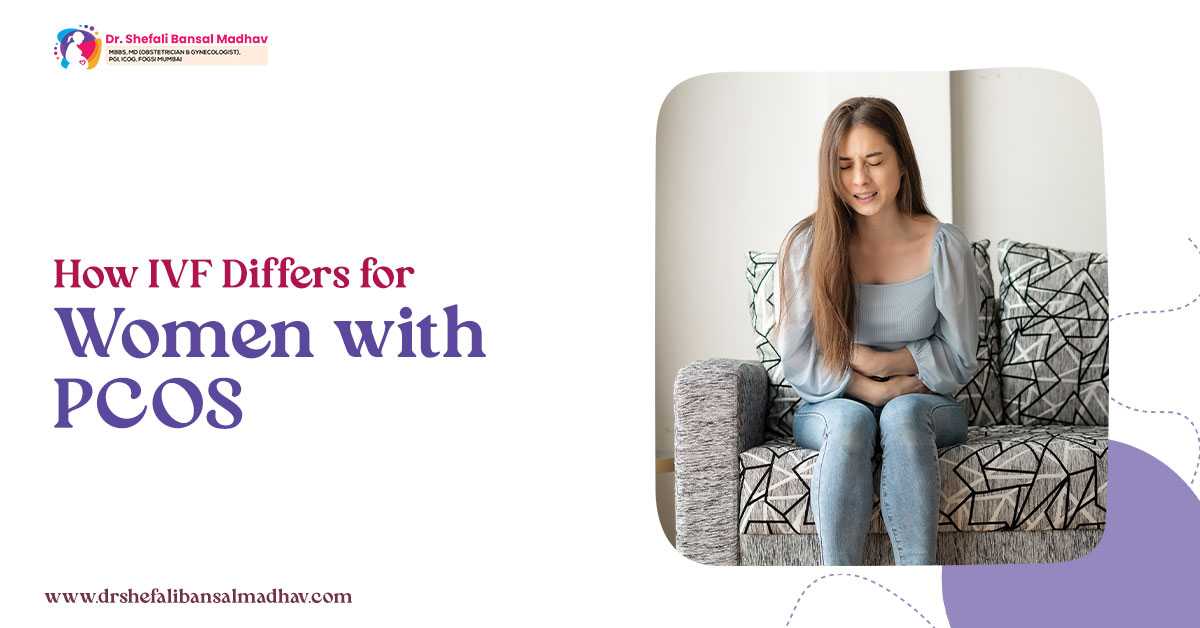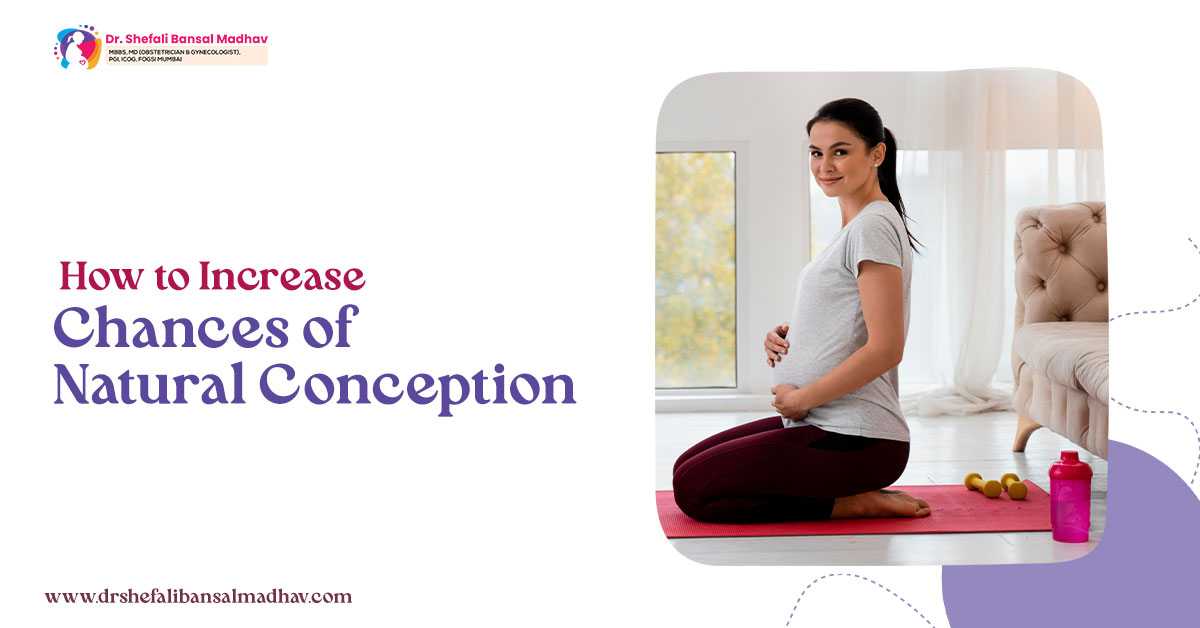The journey to starting a family can feel effortless for some, yet for others, it can bring unexpected stress and emotional ups and downs. When you’ve been hoping and trying for a while, even the smallest delay can feel heavy. Many couples begin searching for tips, medical guidance, and reassurance online, only to end up more confused than before. If you’re here, you’re likely looking for practical and thoughtful ways to improve your chances of natural conception, and that’s exactly what we’ll talk about.
Even an IVF specialist in Siliguri would agree that supporting your body naturally is always the first step. Medical treatments are helpful when needed, but before that, it’s important to understand how everyday lifestyle habits, emotional health, and timing play a meaningful role in fertility. Natural conception isn’t just about biology; it’s about balance, physical, hormonal, emotional, and relational.
Let’s break it down clearly and gently, step by step.
Timing Matters: Finding Your Best Days to Conceive
One of the most important things to understand when trying to conceive is timing. There are only a few days in each menstrual cycle when conception is most likely; this is called your fertile window. It includes the days leading up to ovulation, the day your ovary releases an egg.
The egg lives for only 12–24 hours, while sperm can survive inside the female reproductive tract for up to 5 days. This means intercourse is most effective before and during ovulation, not after.
How do you actually track ovulation naturally?
-
Start noting your cycle length each month
-
Look for clear, stretchy, egg-white-like cervical mucus
-
Use home ovulation prediction kits if needed
-
Track your body temperature when you wake up (it slightly rises after ovulation)
You don’t need to be perfect with tracking; consistency and awareness are enough. Aim for regular intimacy every alternate day during your fertile window, without pressure.
The Role of a Balanced and Nourishing Diet
Food has a quiet influence on fertility. It affects hormone balance, egg quality, blood flow, and emotional stability. A fertility-supportive diet is not restrictive; it’s about mindful nourishment.
Foods that support fertility:
-
Healthy fats: nuts, seeds, avocados, cow ghee, and olive oil
-
Fresh fruits and vegetables: especially leafy greens, carrots, beets, and berries
-
Lean proteins: eggs, lentils, paneer, fish rich in omega-3
-
Complex carbohydrates: millets, brown rice, and whole wheat instead of refined flour
These foods support the reproductive system by maintaining hormonal balance and improving overall metabolic health.
Try to reduce excessive caffeine, sugary snacks, deep-fried foods, and packaged processed items. No need to cut anything completely, just create balance
Gentle Movement and Maintaining a Healthy Weight
Weight can influence hormones, menstrual regularity, and ovulation. But this doesn’t mean dieting or extreme workouts. What your body needs is gentle, supportive movement.
Activities that help:
-
Brisk walking for 20–30 minutes daily
-
Yoga, especially poses that increase pelvic blood flow
-
Light strength training to improve metabolism
-
Breathing exercises for relaxation and hormone balance
These practices don’t just support physical health; they also ground your mind, which is equally important.
The goal isn’t to lose weight, but to help your body feel steady, nourished, and well-functioning.
Managing Stress – Because the Mind Matters Also
This is something many people overlook: stress affects fertility. When the body is under stress, it produces cortisol and adrenaline, hormones that interfere with reproductive hormones like progesterone and estrogen.
You don’t have to eliminate stress altogether; that’s unrealistic. Instead, you can create small spaces of calm.
Simple ways to ease emotional stress:
-
Practice deep breathing or meditation for just 5 minutes a day
-
Spend time outdoors or in sunlight
-
Create no-fertility talk evenings with your partner
-
Journal your emotions instead of suppressing them
-
Listen to calming instrumental or flute music before sleep
Your emotional well-being is just as important as your physical health while trying to conceive.
Supportive Supplements (If Needed)
Before starting supplements, it’s best to ask a doctor for personalized recommendations.
However, these are commonly suggested for fertility support:
The goal is not to overload the body but to fill any nutritional gaps.
Sleep, A Silent but Important Factor
Healthy sleep helps regulate hormones. When you sleep well, your body repairs, balances, and restores itself, including your reproductive system.
Try to:
-
Sleep 7–8 hours each night
-
Keep screens away for an hour before bed
-
Keep your room cool and dim
-
Avoid heavy meals late at night
Rest is medicine, especially when you're trying to conceive.
Don’t Forget Your Partner’s Role
Fertility is shared. Male reproductive health impacts conception just as strongly.
Encourage:
-
Hydration
-
Avoiding smoking and alcohol
-
Wearing comfortable, non-tight clothing
-
A balanced diet
-
Stress management
Quality of sperm improves with healthy routine and lifestyle care, just like egg health does.
At What Point Should You Consult a Specialist?
Natural conception takes time; that’s normal. But getting guidance at the right moment helps you avoid emotional burnout.
You may consider speaking with a fertility specialist if:
-
You’re under 35 and have been trying for 12 months
-
You’re over 35 and have been trying for 6 months
-
Your cycles are irregular, very painful, or unpredictable
-
There has been repeated miscarriage
-
There is a known hormonal or thyroid imbalance
Seeking guidance is not giving up; it’s gaining clarity, reassurance, and direction.
Conclusion
The journey to conception is deeply personal, and it’s normal to experience a mix of hope, excitement, and sometimes frustration along the way. Remember, small, consistent steps, like understanding your cycle, nourishing your body, managing stress, and supporting each other, can make a meaningful difference. Patience and self-compassion are just as important as any medical advice.
For personalized guidance and support on your fertility journey, consulting Dr. Shefali Bansal Madhav, a trusted IVF specialist in Siliguri, can help make the path to starting a family more hopeful and confident.






